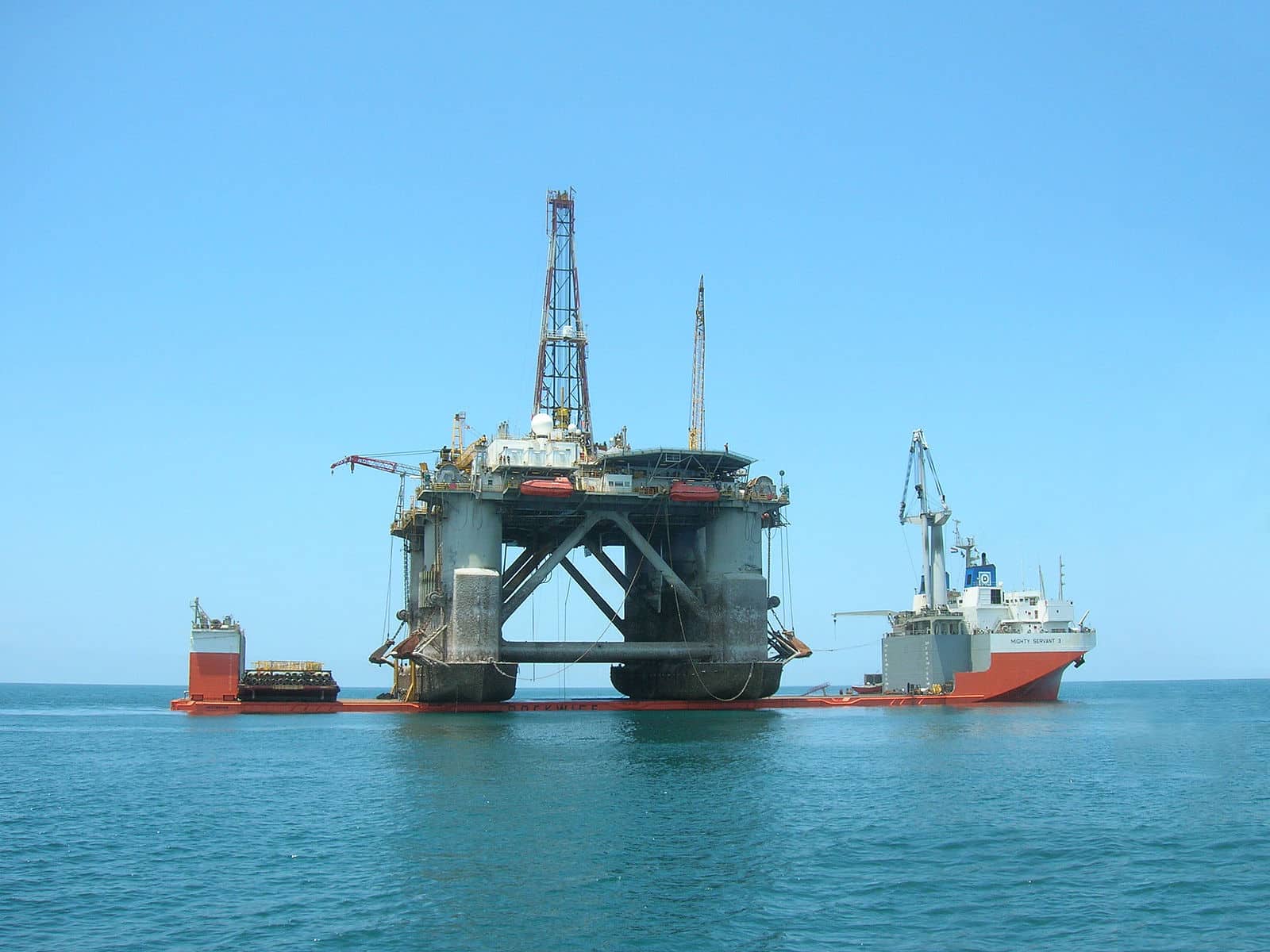Whistleblower Says Law Enforcement Let Oil Company Sail Away with Small Penalty After Dumping Hazardous Chemicals into the Gulf of Mexico

A whistleblower who reported supervisors from Walter Oil & Gas Corporation, Cal-Dive International and Helix Energy Solutions for deliberately dumped chemicals into the Gulf of Mexico says the United States ignored his evidence costing the government $28 million in fines.
Evan Howington, the whistleblower, sued the United States this month in Federal Court stating that the Jon Maestri, an assistant U.S. attorney in New Orleans, came to the “patently incorrect” conclusion that an oil drilling support vessel, which the whistleblower saw illegally dumping into the sea, did not meet the definition of a ship under the Act to Prevent Pollution from Ships. In a letter to the Department of Justice, the whistleblower argues that the vessel is capable of being used as a means of transportation because it has “102 sleeping berths and transported its entire crew under its own power from Pensacola, Florida to the work site where the illegal discharge took place.”
Secondly, the whistleblower alleges that AUSA Maestri negligently failed to pursue charges against Cal-Dive International and Helix Energy Solutions whose personnel were directly responsible for the intentional illegal discharges.
In April 2014, the whistleblower witnessed supervisors from the three companies dumping into the ocean a hazardous substance, MXU 5-2684 — a mixture of isopropyl alcohol, ammonium chloride, ethylbenzene and xylene. After retaining counsel, the whistleblower reported his observations and provided video evidence to the Environmental Protection Agency. After meetings with personnel from the EPA, Louisiana Department of Environmental Quality, and the U.S. Coast Guard, the case was transferred to AUSA Maestri. In December 2015, the whistleblower discovered via a Google search that the DOJ entered a plea deal with Walter Oil & Gas for one count of failing to report an incidental discharge and the company was fined $400,000.
The whistleblower claims this settlement cost the government $28 million, which the whistleblower could have been awarded $14 million. Though the whistleblower states the money is not his concern, he is worried about employment retaliation, being physically harmed, or being blackballed from the industry.
Under the Act to Prevent Pollution from Ships, if a whistleblower provides evidence that leads to a successful prosecution, they are awarded up to 50% of the monies (sanctions, fines, and penalties, etc.) obtained from the criminal actors. Not only does this incentivize reporting, but the reward helps offset the risk of reporting for whistleblowers who reside in countries with no retaliation protections. The U.S. Courts have recognized the importance of whistleblowers and, in most cases, have awarded whistleblower the maximum reward. The APPS whistleblower provision also provides a financial benefit to the U.S. Government. In 75 APPS cases involving a whistleblower, the Government has collected over $278 million dollars.
The whistleblower’s attorney Tommy Servos, with Zehl & Associates in Houston, said the case illustrates how offshore whistleblowers can fall through regulatory cracks and that there is no monetary incentive for offshore oil and gas whistleblowers to come forward. They relied on the EPA, Coast Guard, and the DOJ to prosecute the crime — which, according to the whistleblower, they negligently failed to do.
Latest News & Insights
February 24, 2026
February 16, 2026




